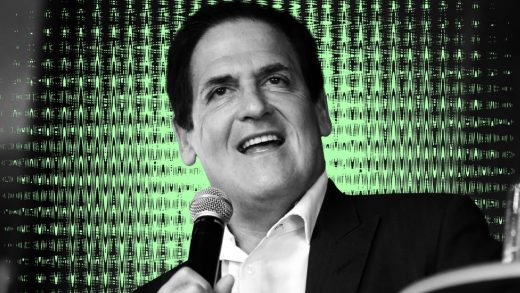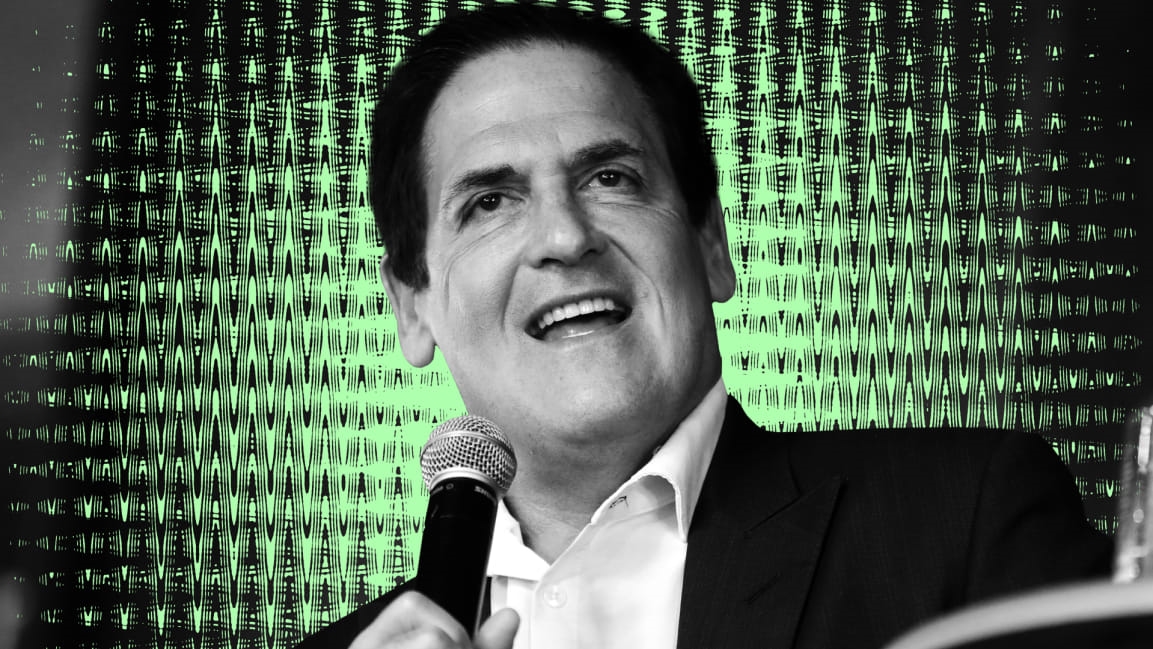Mark Cuban’s stimulus check proposal has a plot twist: ‘Use it or lose it’
Investor and entrepreneur Mark Cuban, of Shark Tank fame, is lending his baritone to the chorus of voices calling for recurring stimulus checks to Americans in the wake of the coronavirus pandemic.
Cuban, who owns the National Basketball Association’s Dallas Mavericks, told CNBC this week that every American household—regardless of income—should receive a $1,000 stimulus check every two weeks for the next two months. That’s 128 million households, from those living below the poverty level to billionaire Cuban himself.
But wait—there’s a crucial twist: Households would have to spend each check within 10 days of receiving it or forfeit the sum.
“The whole goal is to get that money every two weeks into the economy,” Cuban told CNBC. He’s talking about $128 billion, biweekly. “Once businesses start having demand, even if they’re closed and working online, then there is a reason for them to be able to bring back employees and retain those employees if demand is sustained.”
But if Americans weren’t required to spend the money, Cuban said, he thinks most would sit on it. And he’s not wrong: One study from Northwestern University’s Kellogg School of Management found that for the $1,200 checks supplied in March by the federal rescue package, those with less than $500 in their bank accounts spent nearly half within 10 days, while those with more than $3,000 in their bank accounts left the funds in the vault.
“People are uncertain about their future, so rather than spending, they save,” said Cuban.
Unfortunately, saving defeats the purpose of the stimulus checks, which are meant to circulate cash through the economy. Because just like for you, in your stay-at-home, sedentary state, movement is considered good. Cue Cuban’s “use it or lose it” plan, which the entrepreneur first tweeted in May. Spitballing, his suggested uses were rent, mortgage, or candy.
Fellow money expert Chuck Marr, a senior director at the Center on Budget and Policy Priorities, told CNBC that he thinks Cuban rightfully acknowledges the “urgency of the situation,” but he sees two issues with Cuban’s plan. For one, checks should be targeted by income, specifically to the households with the most financial need. Those households wouldn’t have any other income to spend, Marr said, but for wealthier people, the influx of extra income might not coax them to spend more than they already have been.
And for two, “I don’t think the ‘spend it now’ is workable . . . The government could not keep track of that.”
Regardless, prospects for a new rescue package have wilted in Congress before the upcoming election. Some Democrats in May proposed recurring payments to Americans, but that idea had slim chances of ever becoming law. Democrats and Republicans are now eye-to-eye on a second round of one-time $1,200 checks but have been unable to agree on other terms for a package.
(21)



